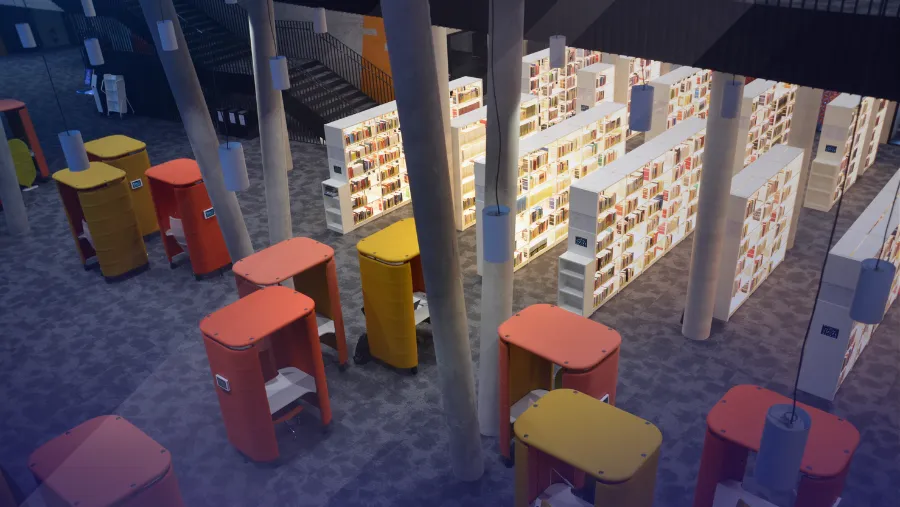Stay informed with the most recent news and announcements about our services, events and new opportunities. You will also discover insights from the companies and partners with whom we work.

Stay informed with the most recent news and announcements about our services, events and new opportunities. You will also discover insights from the companies and partners with whom we work.
